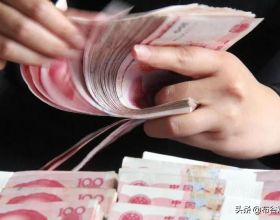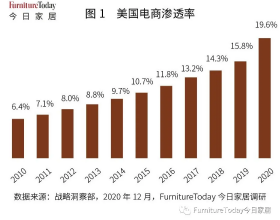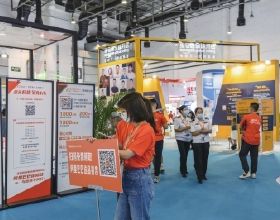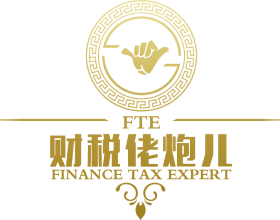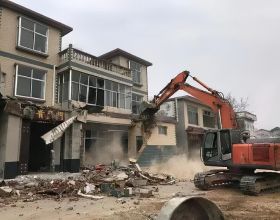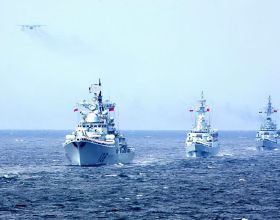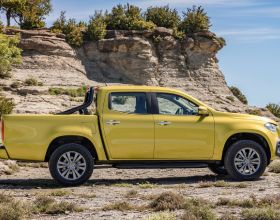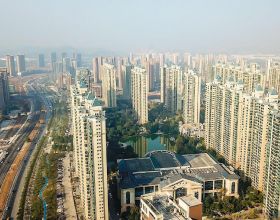上世紀80年代中國和越南同樣貧窮,但隨著中國飛速發展,二者差距越來越大,截至2020年中國GDP為14.736萬億美元,人均大約為10528美元;越南GDP為2707億美元,人均大約為2785美元,中國人均GDP是越南GDP的3.7倍左右,美版知乎Quora上有越南網友提問:為什麼越南和中國之間的差距越來越大? 這引起各國網友的關注和熱議,我們來看看網友們的回答

問題:上世紀80年代,越南和中國同樣貧窮。截至2020年,為什麼越南和中國之間的差距越來越大?
This is a good question. To answer this question, I would like to briefly analyze the economic development context of China and Vietnam from 1970.
這是個好問題。為了回答這個問題,我想簡單分析一下中國和越南1970年以來的經濟發展脈絡。
About China's economy
有關中國經濟的
China is a big country, ending civil war in 1949. China was a backward country before 1970. In 1972, China joined hands with the US and vigorously reformed the economy under Deng Xiaoping. After the reform and opening up, China's economy quickly developed to become the second largest economy in the world due to its advantages in population, cheap labor and investment of capitalist countries in China.
中國是一個大國,1949年結束了內戰。中國在1970年以前是一個落後的國家。1972年,在國家領導人的領導下,中國與美國聯手大力改革經濟。改革開放後中國憑藉人口、廉價勞動力和資本主義國家在中國的投資優勢,經濟迅速發展成為世界第二大經濟體。
Currently, China's economy is about to break through the middle-income trap and will become the world's leading economy in about 10 years. China is competing with the US in a number of fields such as military, electronics, trade ... Personally, I think that China has made great achievements since 1980, which can be said to be miracles in Asia, which India has not been able to do.
當前,中國經濟即將突破中等收入陷阱,未來10年左右將成為世界第一經濟體。中國在許多領域與美國競爭,比如軍事、電子、貿易……我個人認為,中國自1980年以來取得了巨大的成就,可以說是亞洲的奇蹟,而印度一直沒有做到。
About Vietnam's economy
關於越南的經濟
Unlike China, Vietnam's economic scale is smaller and Vietnam experienced many brutal wars and was under a long-term embargo until the end of 1994.After independence in 1945, the French returned and re-occupied Vietnam. The Viet Minh fought against the French for 9 years and defeated them at Dien Bien Phu forcing the French to withdraw from Indochina.
與中國不同,越南的經濟規模較小,而且越南經歷了許多殘酷的戰爭,直到1994年底都處於長期禁運之下。1945年越南獨立後,法國人返回並重新佔領了越南。越盟與法國戰鬥了9年,在奠邊府擊敗了他們,迫使法國從中南半島撤退。
The great powers did not let Vietnam unify. Vietnam is divided into two regions at the 17th parallel like South and North Korea. However, unlike North Korea, North Vietnam did not accept the division of the country. The North continued the war to unify the country in 1975. To unify the country, Vietnam defeated the Americans and lost 3 million in the 20 year war.
列強沒有讓越南統一。越南在北緯17度上被分為像南韓和北朝一樣的兩個地區。但是,與北朝不同的是,北越不接受國家分裂。1975年,越南繼續進行統一戰爭。為了統一國家,越南打敗了美國人,在20年的戰爭中損失了300萬美元。

網友Hujian Wu的回答
1. In 1980, China was poor but had been building for 30 years, from 1950-1980, while Vietnam was at war all this time.
1. 1980年,中國很窮,但從1950年到1980年已經建設了30年,而越南一直處於戰爭狀態。
2. During the period 1980-1990, China opened up to the outside world, trading with the West and attracting Western investment. And at this time, Vietnam was occupying Cambodia, fighting a border war with China and being sanctioned by the West.
2. 在1980-1990年期間,中國對外開放,與西方進行貿易,吸引西方投資。當時,越南佔領了柬埔寨,與中國進行邊境戰爭,並受到西方的制裁。
3. In the period 1990-2000, China entered a phase of rapid development and Vietnam had just ended the war and was struggling to seek Western recognition.
3.在1990-2000年期間,中國進入了一個快速發展的階段,而越南剛剛結束戰爭,正在努力尋求西方的承認。
These are the facts, and the facts are not complicated
這些都是事實,事實並不複雜
Hong Kong is right there next to one of the New Special Economic Development Zones of China: Shenzhen. The Chinese have had to make a small fishing village Shenzhen one of their New Special Economic Development Zones because Hong Kong has been one of the four Asian Tigers undergone rapid industrialization and maintained exceptionally high growth rates of more than 7 percent a year since the 1960s.
香港地區就在那裡,毗鄰中國內地經濟特區之一:深圳。中國做出了讓一個小漁村深圳成為經濟特區的決定,因為香港地區是亞洲四小龍之一,在1960年代,經歷快速工業化和維持7%異常高的經濟增長率。
Many factories moved into Shenzhen, China, to expand when the reform and openning policies were implemented in effect. The overseas Chinese tycoons also started their investment plans in China via Hong Kong. The Vietnamese have been relied solely on the foreign investors from South Kerea, Japan only. The population and land mass of Vietnam are too small to attract large effective foreign direct investment even though the Vietnamese produce lots of agricultural merchandises such as rice, coffee beans, shrimp, …, etc.
隨著改革開放政策的實施,許多工廠遷往中國深圳,以擴大規模。海外華人大亨也透過香港開始了在中國內地的投資計劃。越南人一直依賴於來自韓國、日本的外國投資者。越南的人口和土地面積太小,無法吸引大量有效的外國直接投資,儘管越南生產了大量的農產品,如大米、咖啡豆、蝦等。
More Chinese industrious and adventurous pioneers like Ma Yun, Ren Zhengfei, Ma Huateng, Cao Dewang, …, etc. have led their scientists and engineers in building China and lifting up the Chinese living standards since 2000. The Chinese therefore create more and more world class top systems in many fields with a better education system.
自2000年以來,像馬雲、任正非、馬化騰、曹德旺等更多勤勞、敢於冒險的中國先驅,他們帶領科學家和工程師建設中國,提高中國人的生活水平。因此,中國人在許多領域創造了越來越多的世界一流體系,擁有更好的教育體系。
In addition, one of the big differences is the Chinese also actively fund their development with their natural resources like coal, oil, rare earth metal, …, etc. at the beginning to jump start their programs on their own without waiting for the foreign direct investment.
此外,一個很大的不同是,中國人也積極地利用他們的自然資源,如煤炭、石油、稀土金屬等,在一開始就啟動他們自己的專案,而沒有等待外國直接投資。
Unfortunately, the Vietnamese are smart like the Indians. They have actively cooperated with the Australians and Indians in economic development plans since 1975. The rest is history. Some Vietnamese promote hatred toward the Chinese and thus refuse the cooperation, give up many opportunities.
不幸的是,越南人和印度人一樣的智商。自1975年以來,他們在經濟發展計劃方面與澳大利亞和印度積極合作。剩下的就是歷史了。一些越南人煽動對中國人的仇恨,從而拒絕合作,放棄了很多機會。
That is a partial story on how China improved so much faster than Vietnam as of 2021 and why the gap between Vietnam and China is even widening.
到2021年,中國如何比越南進步得快得多,為什麼越南和中國之間的差距甚至在擴大,這只是部分故事。
我是媒體人海岸線視角,每日更新海內外熱門資訊,歡迎大家訂閱關注 !




